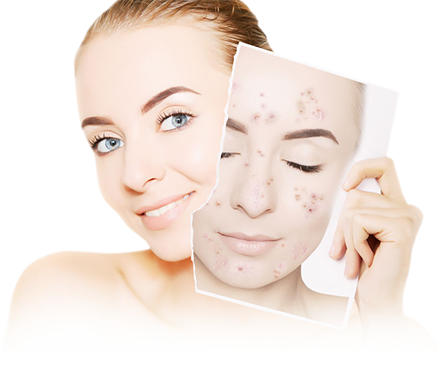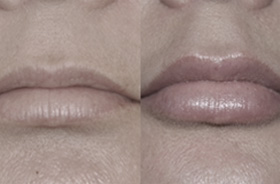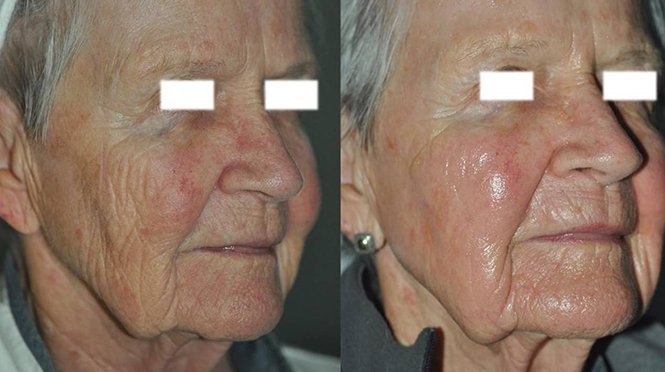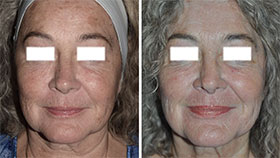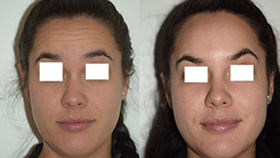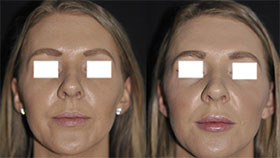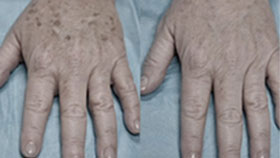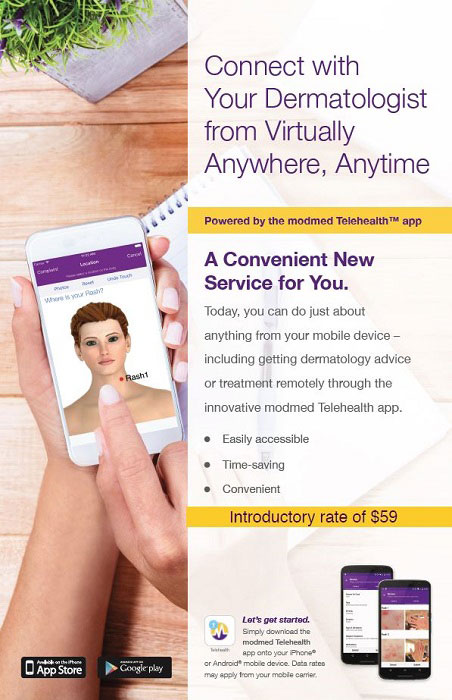Rosacea
Manage Symptoms of This Chronic Inflammatory Disease in Marco Island and Naples, FL
Rosacea is one of the most common skin disorders, estimated to impact far more than 16 million Americans. Patients with rosacea in Naples and Marco Island will often complain to the Skin Wellness Physicians team of flushing triggered by specific stimuli. Another common presentation is bumps that look like acne in the area—typically on and around the nose in adults.
The disease is chronic, which means that it is lifelong. While there is no cure, there are treatments that can reduce and manage symptoms, as well as strategies for minimizing symptoms in the future.
Contact Skin Wellness Physicians about rosacea in Naples, FL, and Marco Island. Arrange a consultation by sending a message online or calling (239) 732-0044.
Rosacea Details
People with rosacea typically have some variation of standard symptoms—blushing or flushing at the center of the face, swollen bumps that look like acne—but the skin condition can cause other changes as well. Flare-ups may last for several weeks or months before wearing off for a while, then appearing again.
Types of Rosacea
Patients may develop a lasting blush to their face, often accompanied by dilated blood vessels (called telangiectasias or spider veins) that appear thin and wiry. These visible vessels may develop on and around the nose at first, then progress to the cheeks, chin, and forehead between the brows.
It's also common for patients to experience a burning or tender sensation in the skin, as well as eye problems. This is known as erythematotelangiectatic rosacea.
A more advanced type is inflammatory rosacea (also known as papulopustular or acne rosacea), whereby patients develop acne lesions on the cheeks and nose.
More advanced types may cause the skin on the nose to become thickened or bulbous. This condition, called rhinophyma, was thought to be caused by excessive alcohol intake, but we now understand it as a consequence of long-standing rosacea. Symptoms that affect the eyes are called ocular rosacea.
What Causes Rosacea?
The causes of this condition aren't fully understood, but can be associated with an overactive immune system or genetic factors, environmental factors, blood vessel issues, a sensitivity to skin mites called Demodex folliculorum, or a gut bacteria called H. pylori.
Risk factors include having skin that burns easily in the sun, being between the ages of 30 and 50, being a woman, having family members with the condition, smoking, previously having severe acne, and having light hair, eyes, and skin.
Identifying and avoiding triggers can be very helpful for anyone living with rosacea. Some of the common triggers that may make the condition worse include alcohol, spicy foods, cheese, caffeine, hot drinks, intense aerobic exercise, hot or cold temperatures, wind, stress or intense emotions, hot baths, and certain topical medications, cosmetics, or hair products.
Even though there is currently no cure for the condition, patients can take steps to manage the symptoms of rosacea and learn how to cope with them. Patients who have this disease are encouraged to only use gentle cleanses and oil-free, water-based products on their skin.
Don't use products that contain ingredients such as alcohol, menthol, witch hazel, or exfoliating agents, as these may cause irritation. It's also best to avoid exposure to direct sunlight and to wear broad-spectrum SPF 30+ sunscreen and other protective clothing. Also, moisturize your skin—especially in a cold, dry, or windy climate.
Rosacea Treatment
A Skin Wellness Physicians dermatologist can determine whether you have rosacea or another condition by physically examining your skin. Inflammatory acne from this condition, a red face, and rhinophyma can cause significant psychological, social, and occupational problems if left untreated.
Fortunately, there are several therapeutic options for intervention now, from prescription topical medications for acne lesions and/or redness to oral medications that can significantly manage the pustules. Effective medical dermatology treatments help to reduce the redness, swelling, and skin eruptions.
The Skin Wellness Physicians team will work with you to develop a treatment plan, which will likely involve a combination of antibiotic creams and oral antibiotics. Laser and light therapies may be beneficial for severe symptoms because they make the dilated blood vessels less noticeable.
Office-based treatments, such as laser treatment with pulsed-dye laser V-Beam Perfecta®, can reduce redness and improve the appearance of blood vessels associated with this condition. Multiple treatments are required, which require little or no recovery time.
Medical-grade cosmeceutical products to improve symptoms (including a SkinCeuticals® regimen and Resveratrol) are also available in the Skin Wellness Physicians office.
Call (239) 732-0044 or send a message online to arrange a consultation to discuss rosacea in Naples, FL, and Marco Island at Skin Wellness Physicians.

